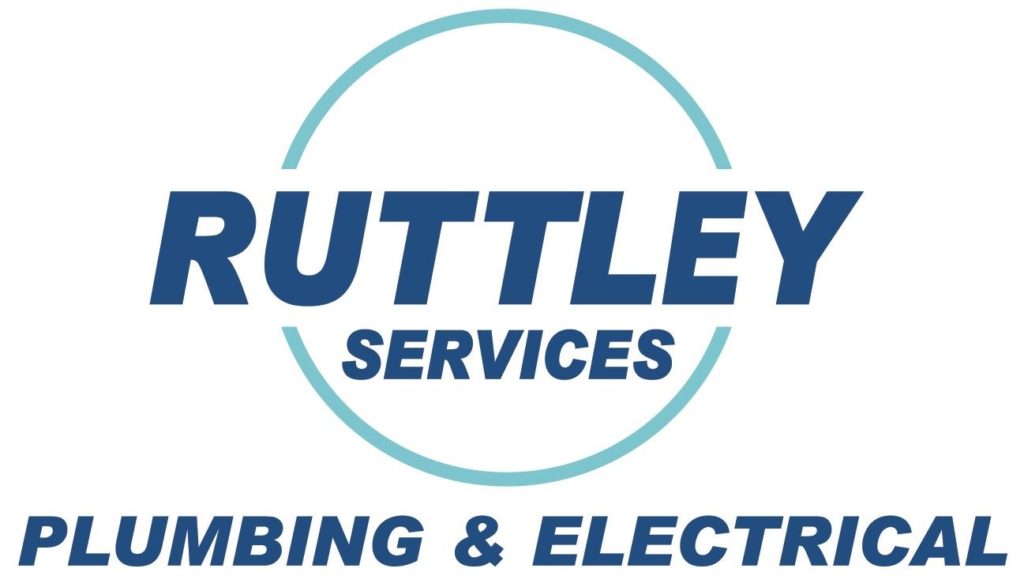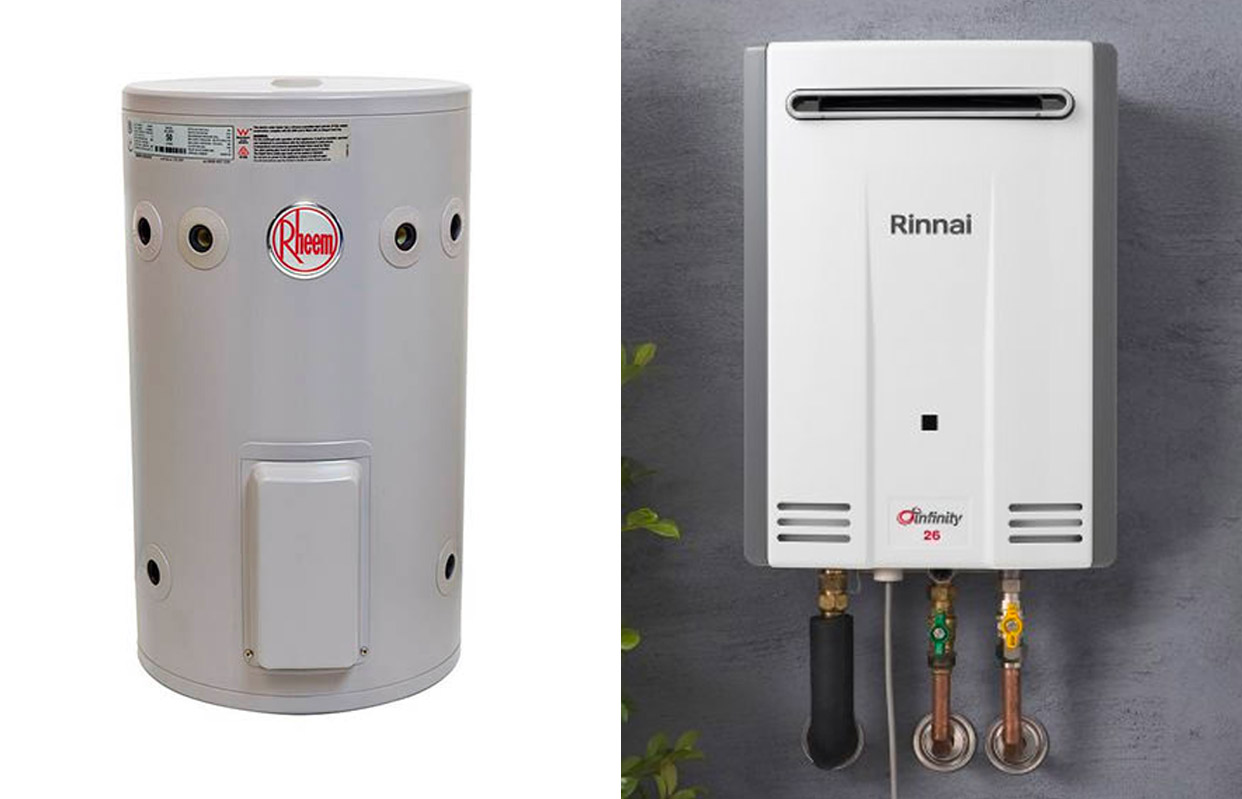Introduction
Hot water is an absolute necessity, no matter how you look at it. Whether you’re a homeowner or a tenant, having access to hot water has become a basic requirement for modern life. Unfortunately, choosing the ideal hot water system for your home isn’t always easy. With so many options and considerations, it can be difficult to know where to start and which features are most important to look for. In this blog post, we will explore the different types of hot water systems available and help you pinpoint the best one for your needs. We’ll discuss everything from budget-friendly heat pumps to solar thermal systems and more; read on to learn more about how you can find the right system for your home.
Electric hot water systems
Electric hot water systems are a popular choice for many homeowners as they are typically less expensive to purchase and install than gas or solar systems. Additionally, electric systems tend to have lower operating costs and can be more effective in areas with cold climates.
There are two main types of electric hot water systems: storage and instantaneous. Storage systems have a tank that stores heated water, while instantaneous systems heat water on demand. Each type has its own benefits and drawbacks that should be considered before making a purchase.
Storage Electric Hot Water Systems
- Pro: More affordable upfront cost
- Con: Can be less energy efficient than other types of electric systems
- Pro: Ideal for large families or homes with multiple bathrooms
- Con: Requires more space for installation
Instantaneous Electric Hot Water Systems
- Pro: More energy efficient than storage system since it only heats water when needed
- Con: More expensive upfront cost
- Pro: Smaller footprint makes it ideal for homes with limited space
- Con: Not ideal for large families or homes with multiple bathrooms
Gas hot water systems
When it comes to hot water systems, gas is one of the most popular choices. Gas hot water systems are efficient and can provide a steady supply of hot water, even during peak demand periods. They are also relatively low maintenance, making them a good choice for busy families.
There are a few things to consider when choosing a gas hot water system, such as the type of system, the size and capacity, and the fuel source. You will also need to decide if you want an instantaneous or storage system.
Type:
There are two main types of gas hot water systems – storage and instantaneous. Storage systems have a tank that stores hot water, so they can provide a continuous supply of hot water. Instantaneous systems heat water on demand, so they are more suited to homes with lower demand.
Size:
Gas hot water systems come in a range of sizes, from small 2-3 bedroom units to larger 5+ bedroom units. It’s important to choose a size that suits your family’s needs. If you have a large family or high demand, you will need a larger unit.
Fuel source: Gas hot water systems can be powered by natural gas or LPG (liquefied petroleum gas). Natural gas is generally cheaper than LPG, but LPG is more versatile as it can be used in areas where natural gas is not available.
Instantaneous or storage: As mentioned above, instantaneous systems heat water on demand, while storage systems store hot water in a tank. Instantaneous systems are typically more efficient, but they may not be able to meet peak demand periods. Storage systems may cost more initially, but they can provide a continuous supply of hot water.
Heat pump water systems
There are many factors to consider when choosing a hot water system for your home. The first is the type of system. There are three main types of hot water systems: solar, electric, and gas. Solar hot water systems are the most efficient and environmentally friendly option, but they can be costly to install. Electric hot water systems are more affordable but less efficient than solar. Gas hot water systems are the most affordable option, but they can be less reliable than electric or solar systems.
The next factor to consider is the size of the system. Hot water systems come in a variety of sizes, from small tankless units to large storage tanks. The size of the unit you need will depend on the number of people in your household and your typical water usage. A larger unit will be more expensive to purchase and install, but it will provide more hot water and be more energy-efficient in the long run.
Finally, you’ll need to decide whether you want an indoor or outdoor unit. Outdoor units are less expensive and easier to install, but they can be less reliable in extreme weather conditions. Indoor units are more expensive but offer greater peace of mind in terms of reliability.
Conclusion
Choosing the ideal hot water system for your home is an important decision. There are many factors to consider, including the size of your family, budget, and lifestyle needs. By doing a thorough research and considering all options available, you can be sure to find a hot water system that meets your requirements and ensures an efficient, economical supply of hot water in your home.




